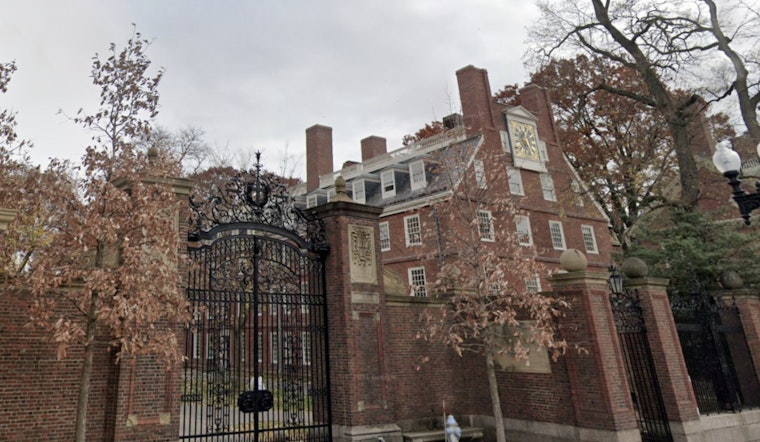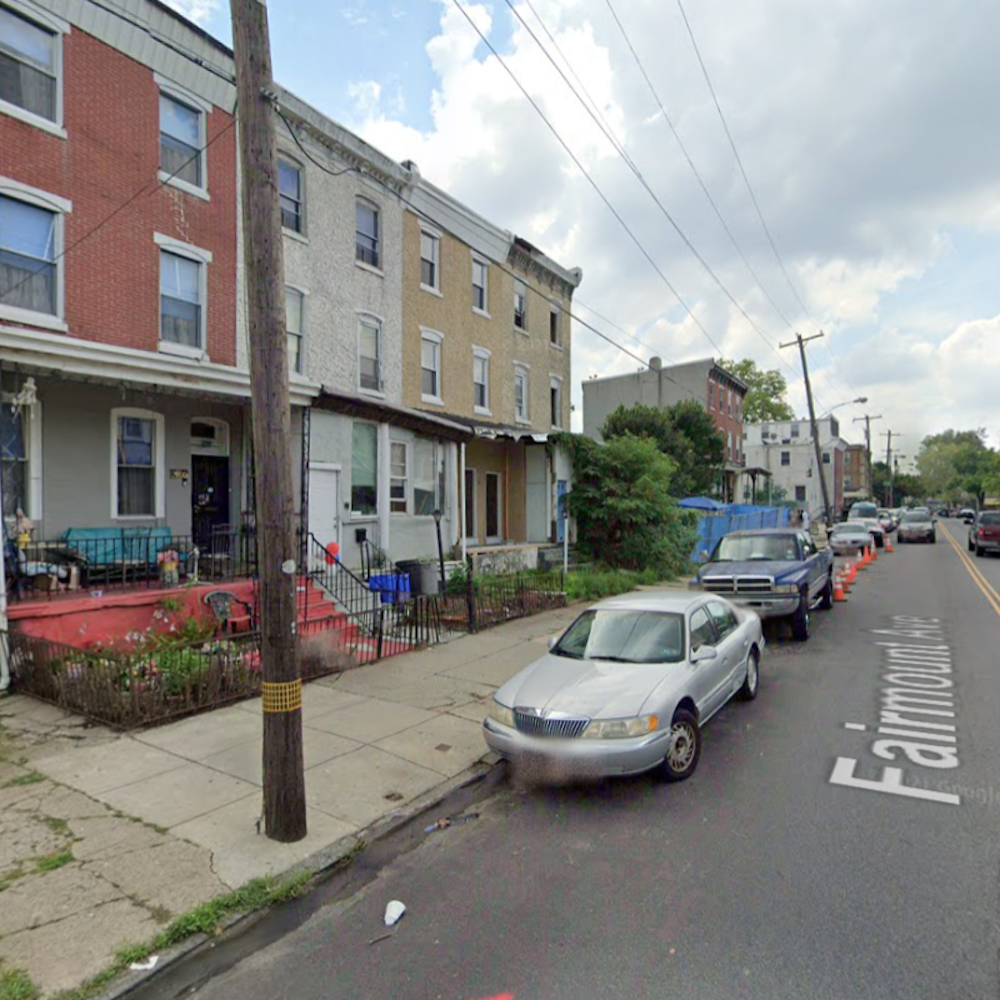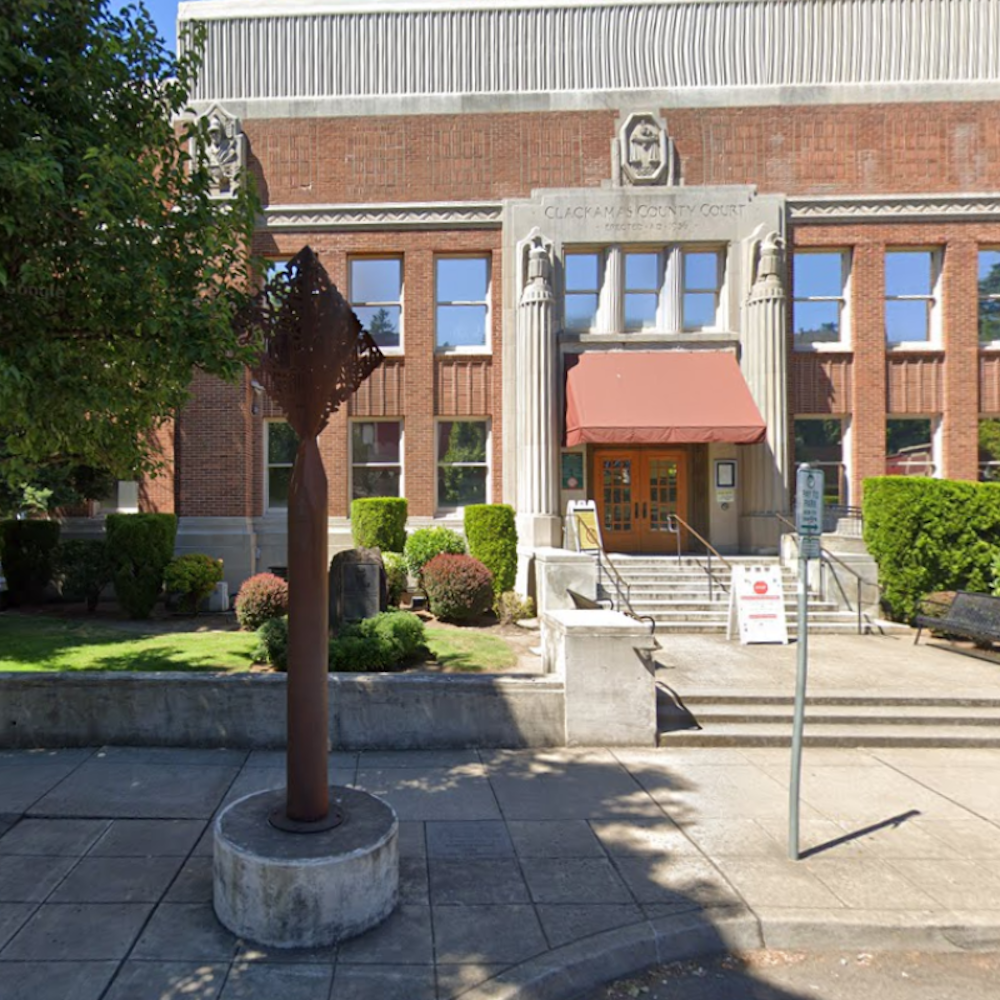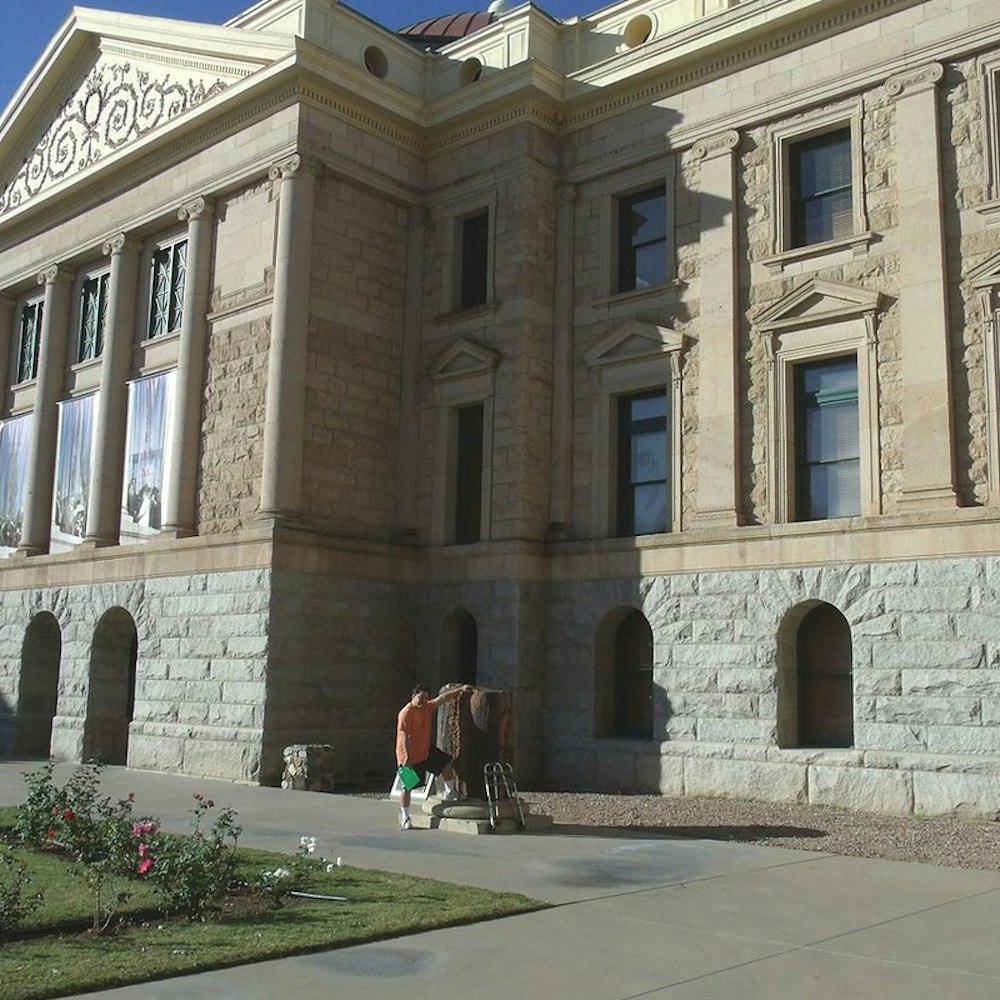
In an emotionally charged event at Harvard University, the relatives of George Floyd and Eric Garner, two men whose deaths at the hands of police sparked nationwide protests, shared their personal grief and their transformation into activism. Moderated by Harvard professor Sandra S. Smith, Floyd's uncle Selwyn Jones and Garner's mother Gwen Carr took the stage for the first time together at the prestigious institution.
Both family members used the platform to not only remember their lost loved ones but to also vigorously advocate for police reform and community empowerment. Speaking to a Harvard audience, Carr, a former train operator turned civil rights activist, vowed to "turn my mourning into a movement and turn my sorrow into a strategy," as she told The Crimson. Selwyn Jones, co-founder of a charity focused on empowering marginalized communities, echoed this sentiment, seeking to use his pain to actively combat racial injustice.
During the discussion, the participants gave touching tributes to their loved ones. "He just loved people," Carr said remembering her son. "He loved life," her words underscoring the profound loss felt by those left behind. Jones recalled his nephew's ever-present smile and described the impact of Floyd's death as an event that changed "the whole world," recognizing the ubiquity of police brutality. These reflections offered not only a space for remembrance but also a catalyst for broader discussion on systemic racism and reform.
Carr, who played an instrumental role in the passing of the New York Eric Garner Anti-Chokehold Act in 2020, reinforced the need for collective action, urging people from all backgrounds "to get together" in the united pursuit of safety and justice. Jones highlighted the need to open the channels of communication and foster empathy, stating, "It'll only change through communication and empathy and passion for the next person," per The Crimson.
In the face of criticism, Carr took a firm stance, sharing with attendees, "Sometimes they tell me that the conversations that I have around the nation is making people uncomfortable. But I say, 'America has made me uncomfortable.'" This bold declaration served to emphasize Carr's, and by extension, many others' experiences with discomfort and injustice, while concurrently challenging the status quo to bring about change.
The forum concluded on notes of resolve and determination, with both Carr and Jones emphasizing their passion for criminal justice reform and the imperative of collective empathy to foster a safer and more equitable future for all members of the community. The speakers illustrated how personal tragedies have been turned into public movements, shaping both policy and social dialogue in the contemporary quest for justice.









